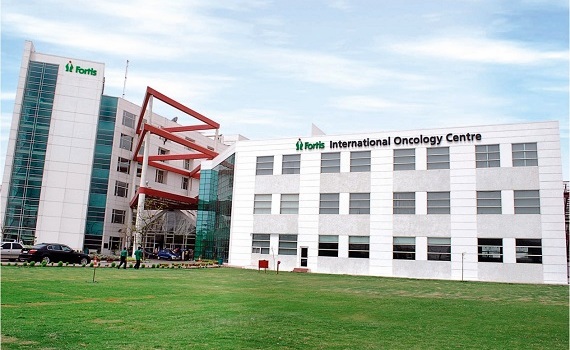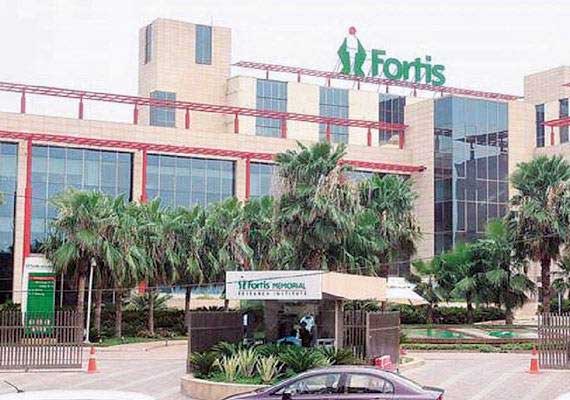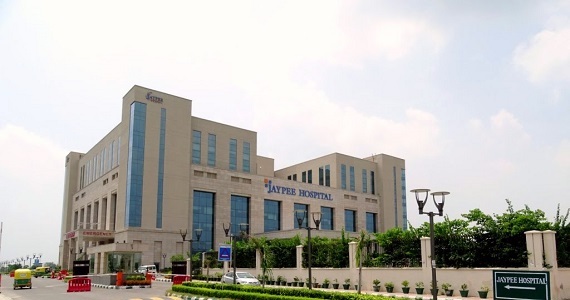Adenoidectomy Treatment in India
treatment
starting from
Introduction:
Adenoidectomy is a surgical procedure performed to remove the adenoids, which are small glands located at the back of the nasal cavity. The adenoids are part of the lymphatic system and play a role in fighting infections in children. However, when they become enlarged or infected, they can cause breathing difficulties, recurrent infections, and other related issues. Adenoidectomy aims to alleviate symptoms, improve nasal health, and enhance overall well-being. This article provides a comprehensive overview of adenoidectomy, including its introduction, symptoms, causes, treatment, benefits, cost in India, and its significance in managing adenoid-related conditions.
Introduction to Adenoidectomy:
Adenoidectomy is a surgical procedure in which the adenoids, also known as pharyngeal tonsils, are removed. Adenoids are small, soft glands located at the back of the nasal cavity, above the tonsils. They are part of the lymphatic system and help to trap and fight infections, especially in children. However, when adenoids become enlarged due to recurrent infections or chronic inflammation, they can obstruct the nasal airway, leading to symptoms such as nasal congestion, snoring, breathing difficulties, and recurrent infections. Adenoidectomy is performed to address these issues and improve nasal health and overall well-being.
Symptoms and Indications for Adenoidectomy:
Adenoidectomy is indicated for various conditions related to adenoid enlargement and inflammation, including:
- Chronic Nasal Congestion: Enlarged adenoids can obstruct the nasal airway, leading to persistent nasal congestion and difficulty breathing through the nose.
- Recurrent Sinus Infections: Enlarged adenoids can obstruct the drainage of the sinuses, increasing the risk of recurrent sinus infections.
- Frequent Ear Infections: Enlarged adenoids can block the Eustachian tubes, leading to fluid accumulation and recurrent ear infections.
- Sleep Apnea and Snoring: Enlarged adenoids can contribute to sleep-disordered breathing, leading to snoring and disrupted sleep patterns.
- Chronic Mouth Breathing: Nasal obstruction caused by adenoid enlargement can result in chronic mouth breathing.
Causes and Risk Factors:
The primary cause necessitating adenoidectomy is the enlargement of the adenoids due to recurrent infections or chronic inflammation. Risk factors for adenoid-related conditions include:
- Age: Adenoids are more prominent and active in children and tend to shrink as they grow older.
- Recurrent Infections: Frequent upper respiratory infections can lead to adenoid enlargement.
- Allergies: Chronic allergic rhinitis can contribute to adenoid hypertrophy.
- Family History: A family history of adenoid-related conditions may increase the risk of adenoid enlargement.
Treatment: Adenoidectomy:
Adenoidectomy is a common surgical procedure that is generally well-tolerated by children. The surgery is typically performed under general anesthesia and involves the following steps:
- Preoperative Evaluation: Before the surgery, the child undergoes a thorough evaluation, including a physical examination and medical history review.
- Surgical Procedure: The surgeon accesses the adenoids through the mouth, typically using a small mirror and specialized instruments. The adenoids are carefully removed, and any complications, such as infection or abscess, are addressed.
- Postoperative Care: After the procedure, patients require postoperative care, including pain management, observation for any complications, and follow-up visits to monitor healing.
Benefits of Adenoidectomy:
Adenoidectomy offers several benefits for children with adenoid-related conditions:
- Improved Nasal Breathing: Adenoidectomy alleviates nasal congestion and improves breathing through the nose.
- Reduced Infection Risk: Removing infected or enlarged adenoids can reduce the risk of recurrent infections.
- Improved Sleep Quality: Adenoidectomy can help improve sleep quality and reduce snoring in children with sleep-disordered breathing.
- Better Ear Health: Adenoidectomy can reduce the risk of recurrent ear infections by improving Eustachian tube function.
- Enhanced Quality of Life: By addressing adenoid-related symptoms, adenoidectomy can significantly improve the child's quality of life.
Cost of Adenoidectomy in India:
The cost of adenoidectomy in India can vary depending on factors such as the hospital or medical facility, the surgeon's expertise, the extent of the procedure, and the patient's overall health. On average, the cost of adenoidectomy in India ranges from ?30,000 to ?60,000 or more.
Conclusion:
Adenoidectomy is a common surgical procedure performed to remove enlarged or infected adenoids in children. Enlarged adenoids can cause breathing difficulties, recurrent infections, sleep disturbances, and other related issues. Adenoidectomy aims to alleviate these symptoms, improve nasal health, and enhance overall well-being. The procedure offers several benefits, including improved nasal breathing, reduced infection risk, better ear health, improved sleep quality, and an enhanced quality of life.
For children experiencing chronic nasal congestion, snoring, or recurrent infections due to adenoid enlargement, adenoidectomy can be a beneficial treatment option to address the underlying issues and improve their overall health. India's advanced medical facilities, skilled healthcare professionals, and cost-effective healthcare services make it an attractive destination for patients seeking high-quality adenoidectomy procedures. However, patients and their families should undergo a thorough evaluation, discuss the potential risks and benefits of the surgery with their healthcare team, and choose a reputable medical facility with experienced surgeons to ensure the best possible outcome.
How It Works
Need help in organizing medical travel to India?









